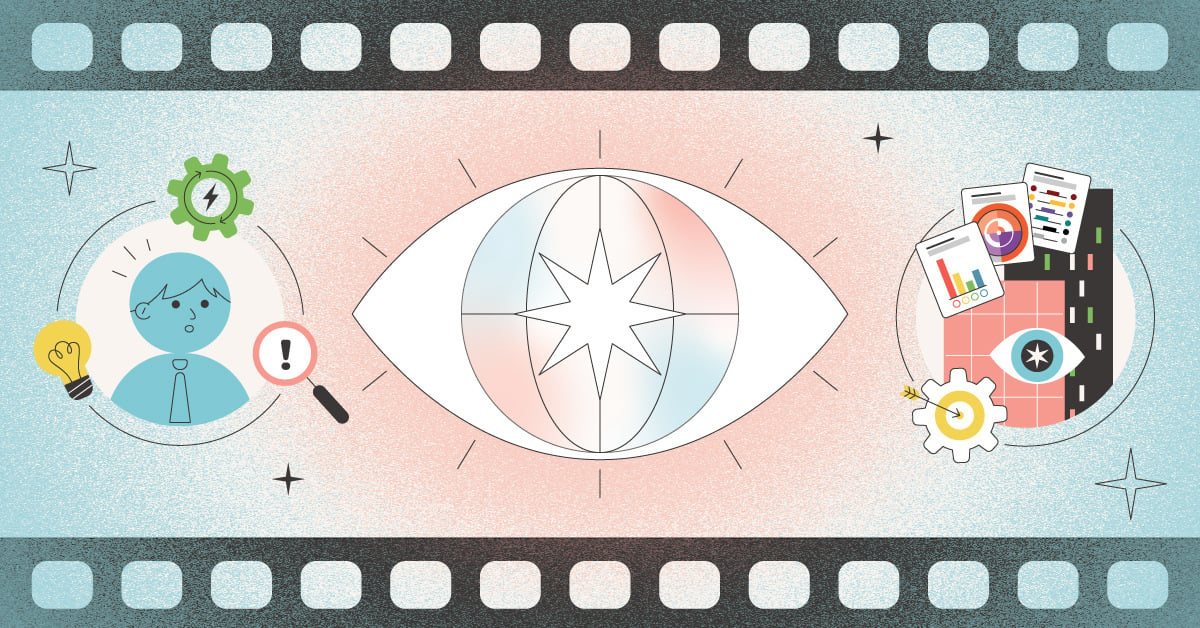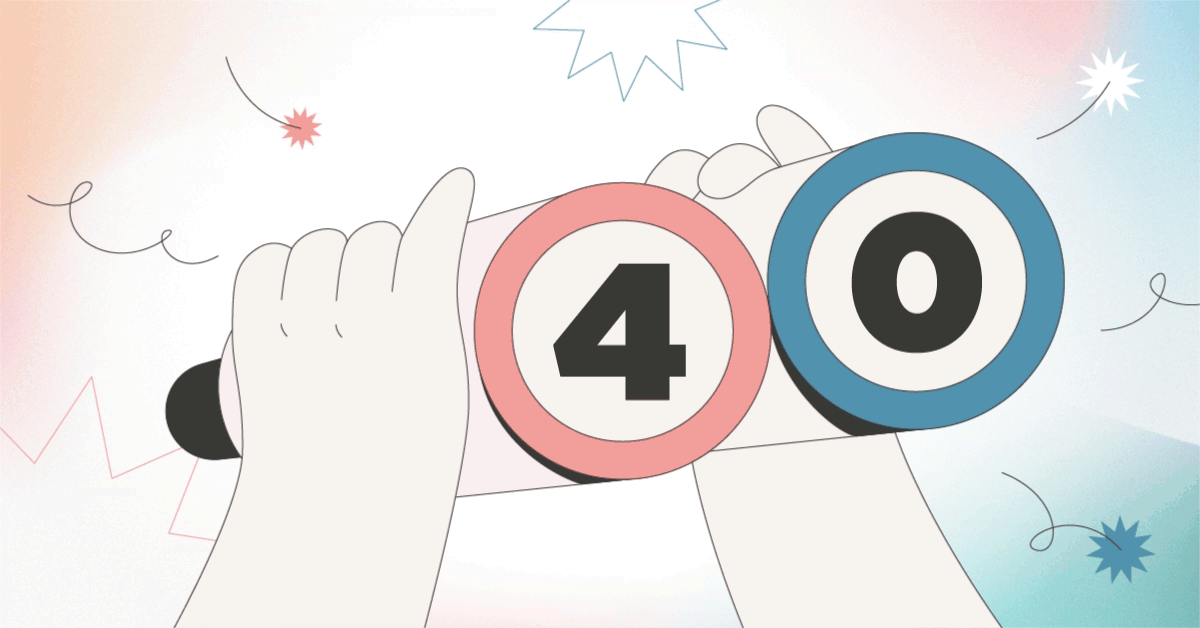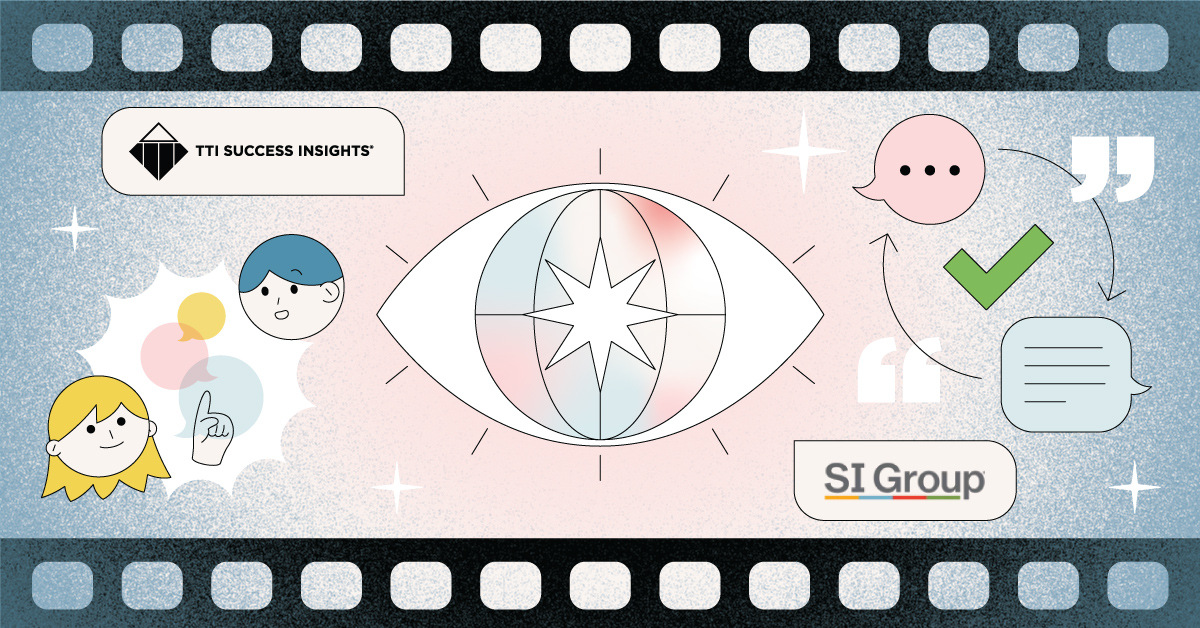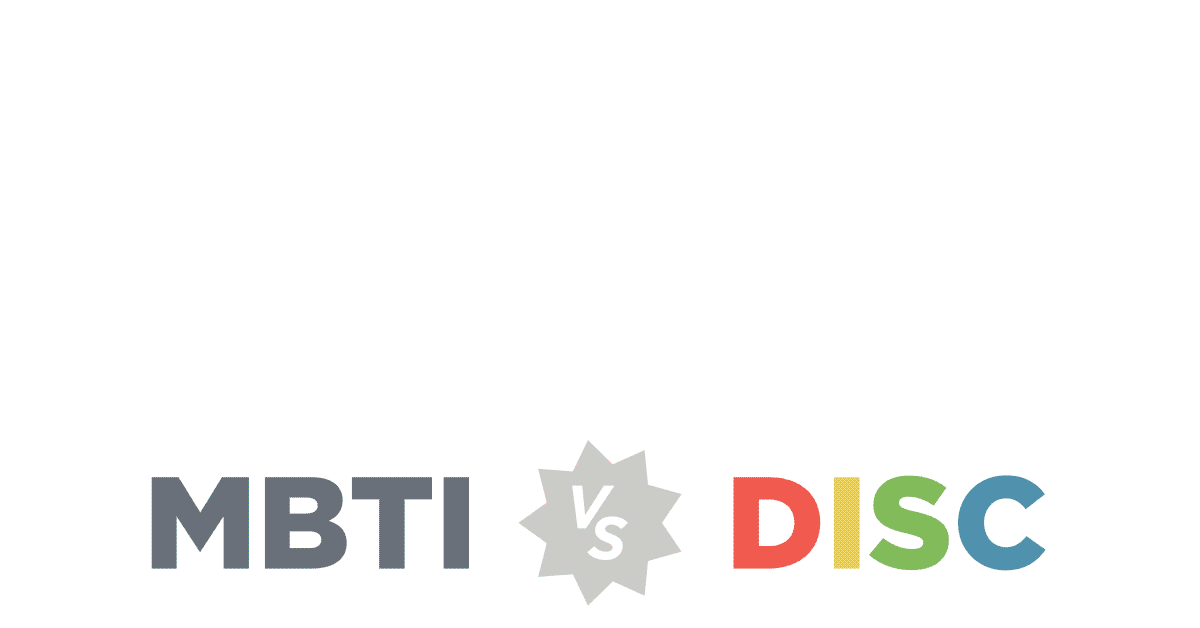
When deciding to utilize personality assessments in the workplace, you have a lot of options. It can be overwhelming to shift through all of the information at your disposal, so let us break it down for you!
One of the most popular personality assessments, hands down, is MBTI, or Myer-Briggs. Based on the psychology of Carl Jung, the Myer Briggs tool has entered pop culture and is so popular that many people feature their ‘type’ on dating profiles and social media accounts.
Compare this with DISC, which is an assessment based on the research of William Moulton Marston, focuses more on observable behavior than personality. DISC measures Dominance, Influence, Steadiness, and Compliance. While individuals do have a primary style and can be referred to as that behavior, DISC generally looks at the combination of these traits for a holistic understanding.
If you’d like to get into the nitty gritty of differences between DISC v. MBTI, check out our blog post breaking down everything you need to know.
When using assessments in the workplace, what exactly are each of these options measuring? How can you find the perfect fit for what your team needs?
The Benefits MBTI Brings to the Workplace
 MBTI is incredibly popular, and that recognition can help potential employees and team members adapt more quickly to their results.
MBTI is incredibly popular, and that recognition can help potential employees and team members adapt more quickly to their results.
The 16 ‘types’ in a Myer-Briggs test are well supported with content online, despite much of it not being backed scientifically. It’s also more simplified than DISC — there are over 20,000 possible combinations when comparing all four dimensions of DISC.
Myer-Briggs reveals how an individual thinks about the world around them, so it can give you unique insight into their internal process. In TTI terms, Myer-Briggs measures ‘natural’ behavior, or the true self.
Watch Out!
If you’re looking for an assessment with reliability and scientific backing, you might want to keep looking. Despite its popularity, this reporting from the Guardian breaks down how this test is not scientifically valid.
The Benefits DISC Brings to the Workplace
DISC assessments are a staple of workplaces around the world for a reason; the insight they bring about observable behavior helps workers and leaders understand themselves and others better. DISC might not have instant brand recognition, but it’s easy enough to understand, especially when using a horizontal behavioral continuum.
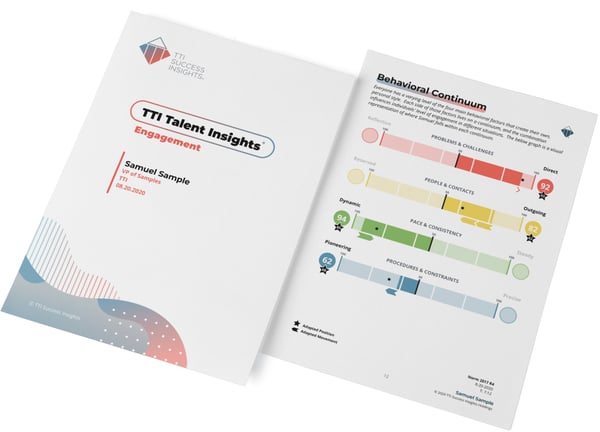
DISC doesn’t have types, necessarily, since it’s measuring an individual’s scores in four categories, but individuals can be referred to by their primary communication style. Learn more about each of these styles here.
DISC is based on observable behavior — once you learn about the system and behavior, it becomes easy to see in others. That’s because DISC shows how you act, not just how you think. This gives a shared language and understanding around the behavior of others, which is directly helpful in the workplace.
Watch Out!
A lot of people try to ‘reskin’ DISC and resell it as a new system that uses the concept without the science. Don’t be fooled — get your DISC assessment from a credible provider.
What’s Your Next Step?
It’s time to determine what assessment is the right choice for you and your team. If you’re looking for a fun team building exercise with pop culture recognition, Myer-Briggs might be right for you. If you’re looking for an option to use in hiring and leadership development, DISC is your best bet.
Do you want to take a DISC assessment to experience it for yourself? We can help. Contact us here to get all your questions answered.
Do you want to join the TTI SI network? We’re looking for ambitious coaches and consultants to join our network of resellers. Get the info you need here.


